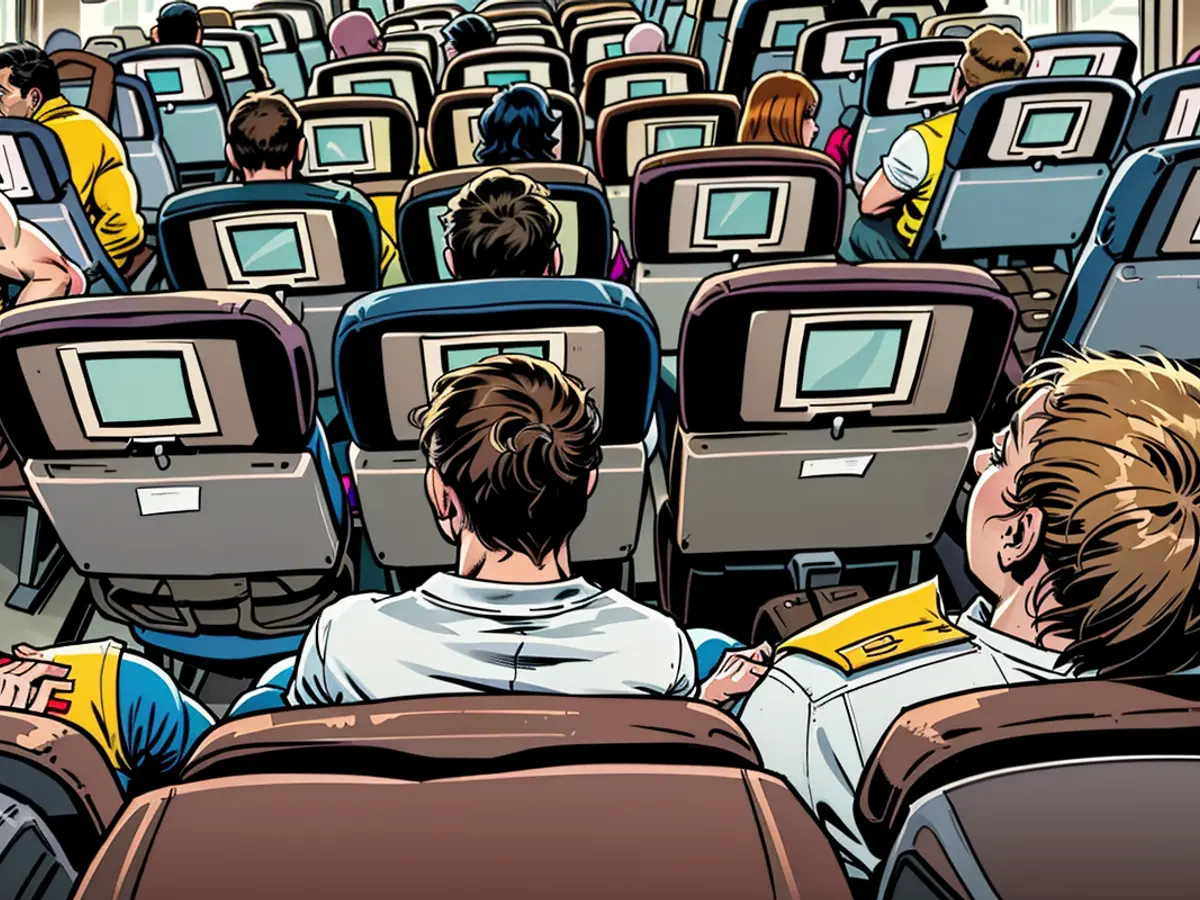Deportations - Number of expulsions from Saxony has increased
The number of rejections of asylum applicants in Saxony is increasing. According to the responsible state administration, 487 people have been expelled from the Free State so far this year, while in the same period last year there were 435 deportations. In most cases, this affected people from Tunisia, North Macedonia, Serbia, Georgia, and Turkey. Among them were 58 convicted criminals. In addition, 486 people left Saxony voluntarily. In the second quarter alone, this number was 288. The majority returned voluntarily to their home countries Turkey, Venezuela, Georgia, and Russia.
The trend towards more deportations continues
According to the state administration, 841 people were deported from Saxony last year, of whom 272 were criminals. The main destinations for deportations were Georgia, North Macedonia, Tunisia, Turkey, Algeria, and Pakistan. In 2022, the total number of deportations was 568. Among them were 199 criminals. In addition, the number of approved applications for voluntary departures increased from 435 people (2022) to 627 (2023).
The state supports voluntary departures
The voluntary return of expellees takes precedence over deportation. Since January 2019, the Federal Office for Migration and Refugees (Bamf) in Saxony has offered consultations to people who are considering returning to their home country with state support. These consultations take place on behalf of the Saxon State Ministry at the three Bamf locations in Chemnitz, Dresden, and Leipzig.
Rejected asylum applicants receive a notice along with their rejection notice about the possibility of an individual consultation for returnees. The consultation is voluntary and free. It should inform about the possibilities of a subsidized voluntary return to the home country and help with reintegration on site. If someone decides to return voluntarily, the consultants will organize the travel and support services, such as a flight or bus ticket, travel expenses from the residence to the airport or bus station, money for the journey, medical assistance during the journey and for the first three months in the target country, or a one-time grant.
- Despite the increase in asylum rejections in Saxony, Germany, a significant number of rejected individuals have voluntarily returned to their home countries, such as Turkey, Venezuela, and Russia.
- Georgia, North Macedonia, Serbia, and Turkey were among the top countries from which asylum seekers were deported from Saxony in both 2022 and this year.
- In response to the rising number of asylum rejections, the state administration in Saxony has emphasized its support for voluntary departures, which became a more popular option compared to the previous year.
- In 2023, the number of approved applications for voluntary departures increased significantly in Saxony, reaching 627 people, compared to 435 people in 2022.
- Among the deportees in 2023, 199 were convicted criminals from countries like Georgia, North Macedonia, Tunisia, and others, underscoring the importance of a strict asylum application process in Germany.
- The Saxon State Ministry, in collaboration with Bamf, offers individual consultations to rejected asylum seekers considering returning to their home countries with state support at locations in Chemnitz, Dresden, and Leipzig.
- Russia, a country with a significant number of asylum rejections in Saxony, is among the popular home countries for those who voluntarily return with help from the state, as they seek a fresh start.








